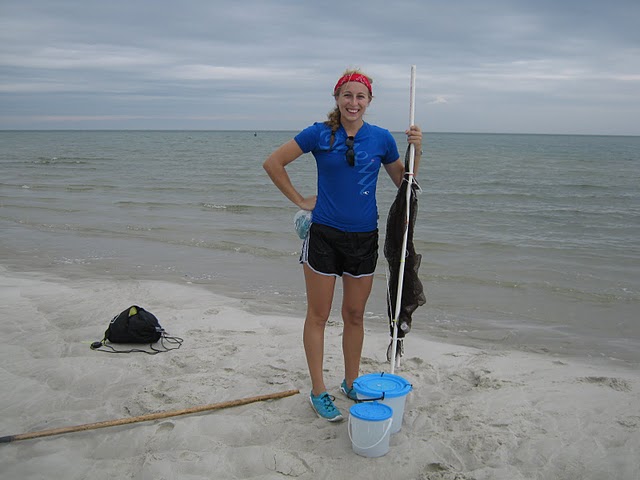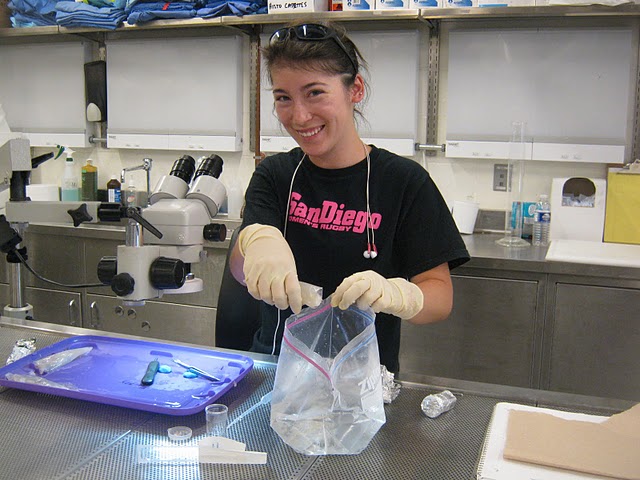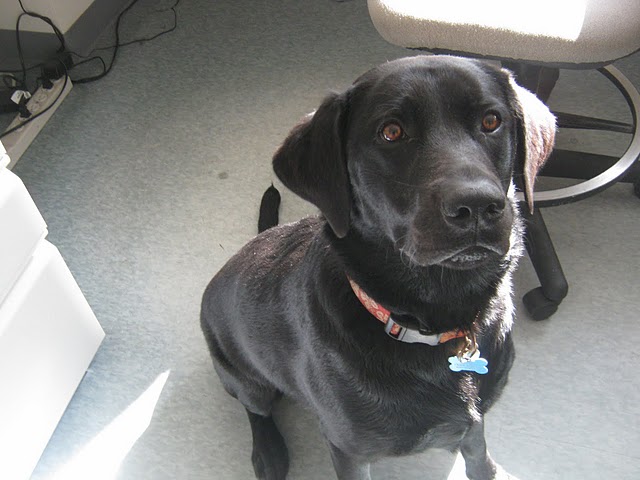Opportunities for prospective students and postdocs
For prospective graduate students
I am always on the lookout for bright and motivated graduate students to join my lab. I am currently working on several reserach subjects descibed below. My work, and the work of students in my lab, is not limited to these area but they general fall pretty close. Also, securing funding is always tough. If you are interested in persuing one of these research topics, check out the funding resources I mention below. They are a 'one-up' for getting into graduate school and facilitating your research.
- Lab General Interests
Squid hearing and sensory physiology; Directional hearing capabilities; Behavioral tests on squid hearing. - Hearing of key marine animals, the adaptations they possess, and how the use their auditory sense.
- Rapid physiological hearing tests in marine mammals. Diagnostic hearing tests for rehabilitating marine mammals.
- Using acoustic tags and passive acoustic monitoring to measure baseline behaviors of marine mammals, fishes and invertebrates, in an effort to mitigate potential human impacts.
- Advancing AEP hearing measurements.
- Using (bio)acoustics to understand and/or reduce marine mammal bycatch and depredation.
Fellowships and Scholarships
Admission into the WHOI/MIT Joint Program is extremely competitive. Having a great academic track record helps. Applying for and receiving funding for gradschool is also helpful.
Your first step for WHOI is to read up on the Joint Program. WHOI's version of the site is here.
Then, check out these fellowships and websites:
National Defense Science and Engineering Graduate (NDSEG) Fellowships
Science.gov list of fellowship opportunities
NC State's list of fellowships and opportunities
For prospective postdocs
WHOI provides perhaps the best postdoctoral scholarship opportunites in the marine sciences (and one of the best in all of science).
If you're interested in postdoc-ing in my lab, first step, check out the WHOI Postdoctoral Scholar program.
Another option is a fellowship from another institution. Such opportunities include:
- The NIH NRSA
- The NSF Biology Postdoc but these vary in topic area from year to year
An additional option at WHOI is to write you into a grant. WHOI calls this a 'Postdoc Investigator' This will obviously take some planning, so let's talk about this waaaay ahead of time.
Summer students
I have worked with some great undergraduate summer students in the past. They have worked on various projects including analyzing data, sand lance hearing and detection of whale sound, and squid auditory anatomy. The goal for a summer student is to have a succinct and manageable project. It really helps if you have a background in physiology, neurobiology, and behavior.
If you are interested in being a summer student in my lab, check out WHOI's websites:
Woods Hole Partnership Educational Program
There's info for the WHOI undergraduate fellowships there. Deadlines are in February. The WHOI Summer Student Fellowship Program provides stipends and housing. We also take a limited number of voluteers. You have to have a good coursework and research background.
We may also be able to fund you as a Guest Student. You may email me about those options.
Another option for students is to get summer funding from your own institution. Many institutions offer these. Ask around or ask your advisor.
Interns and Guest Investigators
We often have positions available for interns or guest investigators. They are typically and unpaid research opportunity for ~4months (3-6 months). We are currently accepting for internship applications for this year. The positions are in Woods Hole, Massachusetts, and will involve a commitment of at least 20 hours per week extending over a 3-4 months period from February 20th, 2013 to June 15th, 2013. An earlier start is preferable, if possible. There is some flexibility in these start and end dates.
Interns can expect to participate in and be exposed to a variety of research projects but work will focus on:
- Passive acoustic monitoring and data analyses of a developing wind farm site. We are establishing the baseline acoustic variability of a coastal environment before wind farm installation. Assessments include soundscape monitoring for cetaceans, fish, invertebrates and vessels.
- Experiments and husbandry related to cephalopod (Sepia officinalis) behavioral responses to sound. Our lab has established that cephalopods can detect sound. These studies are addressing the functional use and processing of sound through detailed ethological measures of behavioral responses to various acoustic stimuli.
- Experiments related to squid and ocean acidification.
- For more info please download the letter and the application form.
You may also contact
Aran Mooney
(508) 289-3714
amooney'at'whoi.edu

(A. Scharr)

(S. Strobel)

(S. Strobel)